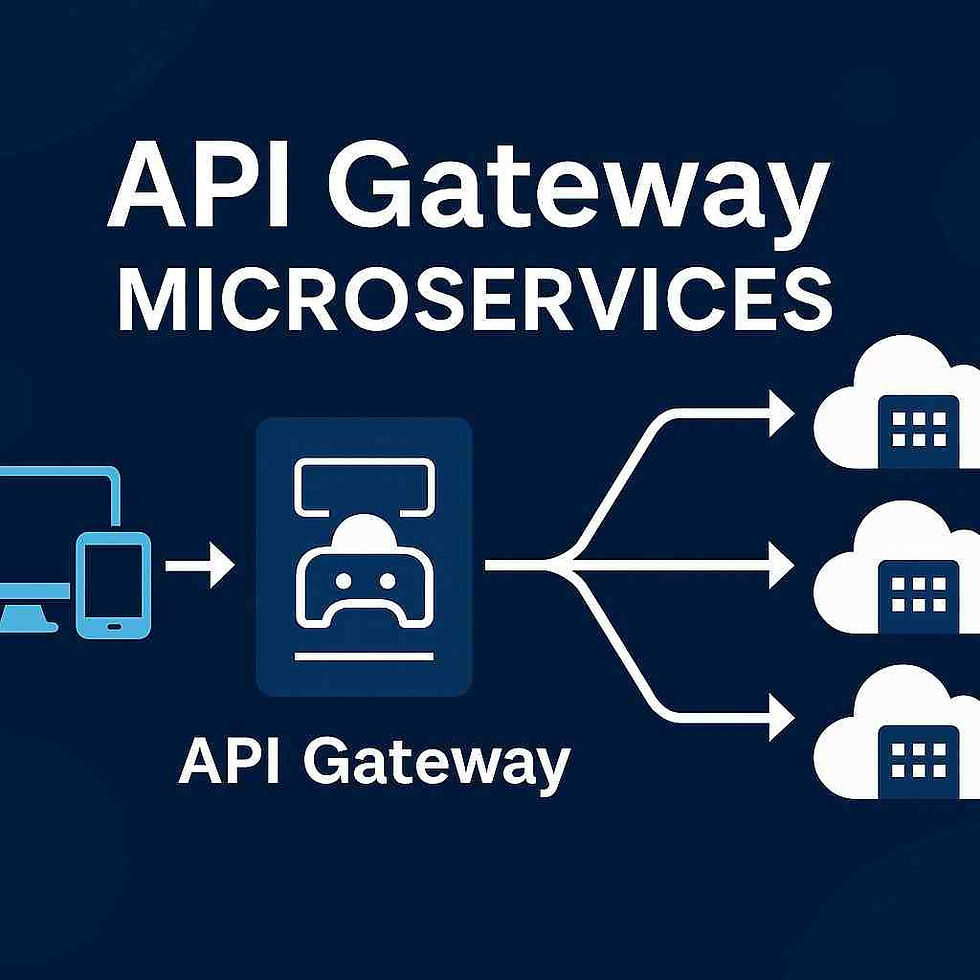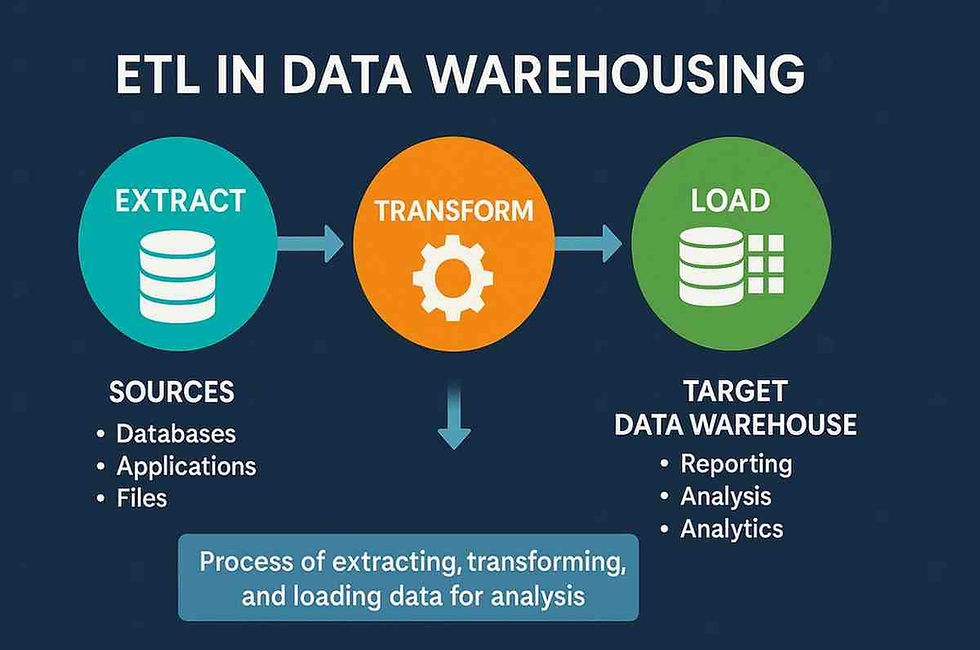Your Ultimate Guide to GraphQL API Testing: Techniques & Tools
- Gunashree RS
- Dec 7, 2024
- 4 min read
Introduction: Why GraphQL API Testing Matters
GraphQL has rapidly emerged as a transformative API technology, empowering mid-to-large enterprises to deliver efficient and scalable data querying solutions. With its ability to provide precise data through single API calls, GraphQL has become a go-to choice for organizations aiming to streamline their API architectures.
However, the flexibility and dynamic nature of GraphQL also introduce unique challenges. These include testing dynamic queries, handling nested data validation, and maintaining schema integrity.
Enter Devzery, a leader in AI-powered API testing tools. Devzery is reshaping the way developers and QA teams approach GraphQL API testing by offering innovative, codeless solutions. With tools designed to integrate seamlessly into CI/CD workflows, Devzery empowers teams to ensure accuracy, performance, and security in their APIs.
This guide explores the nuances of GraphQL API testing, highlights key techniques, and showcases Devzery’s cutting-edge solutions.

Understanding GraphQL API Testing
GraphQL API Basics
GraphQL, developed by Facebook, provides a flexible and efficient alternative to traditional REST APIs. Here’s how it differs:
Client-Driven Queries: Clients can request specific fields, avoiding over-fetching and under-fetching.
Schema-Centric Design: GraphQL relies on schemas, ensuring strict structure and validation.
Nested Queries: Developers can retrieve related data in a single query, reducing API calls.
Challenges of GraphQL APIs
While GraphQL offers immense benefits, it brings challenges:
Over-Fetching and Under-Fetching: Managing queries that request excessive or insufficient data.
Schema Evolution: Ensuring updates don’t break compatibility.
Dynamic Query Complexity: Testing queries with deeply nested relationships.
Techniques for GraphQL API Testing
What is GraphQL API Testing?
GraphQL API testing ensures that APIs deliver accurate, secure, and efficient results under various conditions.
Key Challenges in GraphQL API Testing
Dynamic Queries: Queries are constructed at runtime, complicating validation.
Nested Data Validation: Complex data hierarchies require precise testing.
Schema Management: Ensuring schema changes maintain backward compatibility.
Essential GraphQL API Testing Techniques
Static Query Validation
Validate query syntax against schemas.
Detect structural mismatches before execution.
Dynamic Data Testing
Test real-world query responses with live datasets.
Ensure the integrity of deeply nested fields.
Schema Testing
Check schema updates for compatibility issues.
Use automated tools to detect discrepancies.
Performance Testing
Monitor query execution times under varying server loads.
Identify bottlenecks impacting API responsiveness.
Security Testing
Detect vulnerabilities like injection attacks.
Validate authentication and authorization mechanisms.
Automating GraphQL API Testing with Devzery's AI Tools
Devzery offers state-of-the-art tools tailored for GraphQL API testing. Key features include:
Codeless Automation: Simplify testing for non-technical users.
Regression Testing: Detect potential issues caused by code changes.
Real-Time Schema Analysis: Identify schema-related issues instantly.
AI-Powered Insights: Leverage AI to predict and prevent API failures.
Devzery’s tools seamlessly integrate with CI/CD pipelines, providing robust solutions for modern development workflows.
GraphQL Testing’s Role in CI/CD Pipelines
Why Quality Assurance is Key in CI/CD Workflows
Modern software development emphasizes faster releases and shorter cycles. GraphQL API testing is critical to maintaining stability amid rapid deployments.
Key Benefits of QA in CI/CD
Early Error Detection: Identify issues before production.
Seamless Deployments: Ensure consistent functionality across updates.
Enhanced Scalability: Handle increasing data loads effectively.
Devzery’s Approach to Testing in CI/CD Pipelines
Devzery stands out with its tailored solutions for enterprise CI/CD workflows.
Automated Regression Testing: Eliminate manual testing effort with pre-configured scenarios.
Real-Time API Validation: Verify GraphQL APIs during deployment.
Scalability: Support extensive API environments for enterprises in the USA and India.
How Devzery Challenges Traditional API Testing Methods
Traditional API testing often requires advanced technical expertise and extensive manual effort.
Devzery addresses these challenges with:
Codeless Automation: Make complex GraphQL testing accessible to all team members.
User-Friendly Interfaces: Reduce the learning curve for QA teams.
Scalable Solutions: Adapt to growing enterprise needs without sacrificing performance.
Key Benefits
Efficiency: Save time with automated processes.
Precision: Achieve higher accuracy in test results.
Scalability: Handle complex, large-scale GraphQL deployments.
FAQs
Q1: Why is GraphQL API testing different from REST API testing?
GraphQL APIs rely heavily on schemas and dynamic queries, requiring specialized testing techniques.
Q2: How does automated regression testing benefit CI/CD pipelines?
It ensures that updates don’t disrupt existing functionalities, saving time and reducing risks.
Q3: What makes Devzery’s tools unique for GraphQL API testing?
Devzery combines codeless automation, real-time schema analysis, and scalability, offering an unparalleled testing experience.
Conclusion
GraphQL API testing is essential for modern applications to ensure reliable, secure, and efficient performance. With its unique challenges, such as dynamic queries and schema management, testing requires advanced tools and techniques.
Devzery’s AI-powered solutions simplify this process, enabling QA teams to focus on quality while minimizing manual effort. Whether you’re integrating GraphQL APIs into your CI/CD pipelines or scaling enterprise applications, Devzery’s tools ensure seamless operations and robust testing capabilities.
Key Takeaways
GraphQL API testing is crucial for maintaining performance and security.
Techniques like schema testing and performance monitoring are essential.
Devzery simplifies testing with AI-driven, codeless solutions.
CI/CD integration ensures stability in fast-paced development cycles.




Comments